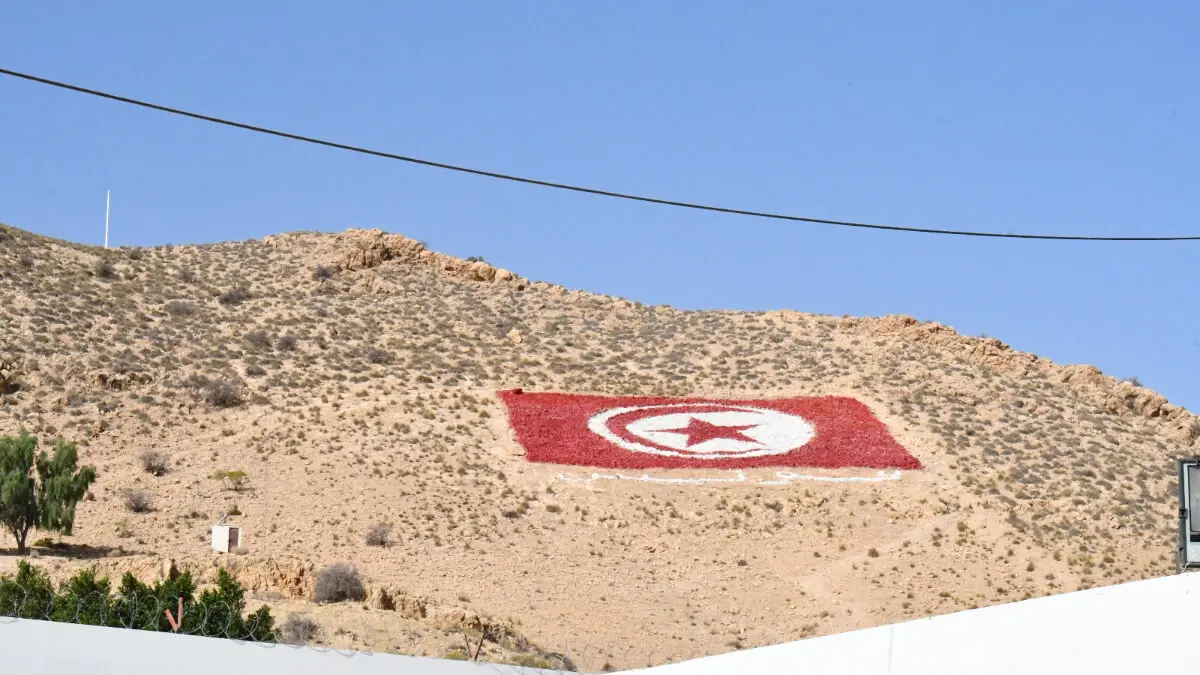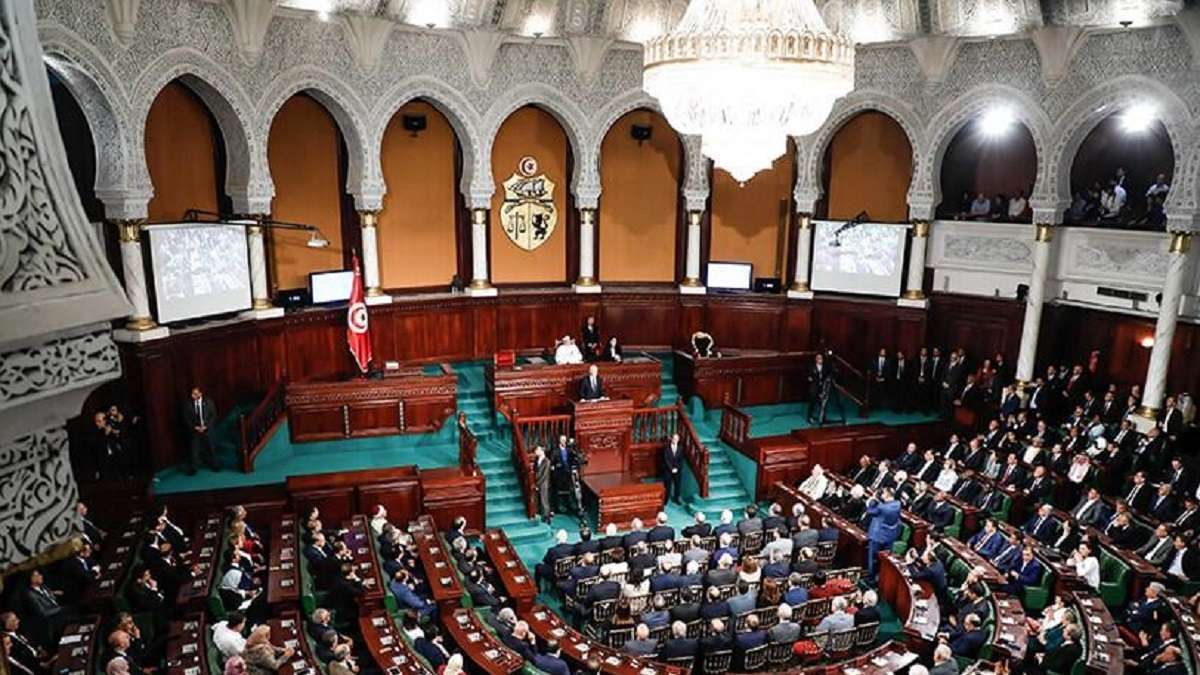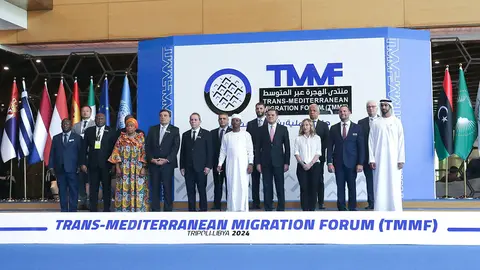Algeria faces serious problems with Tunisia due to the flow of irregular immigrants

The migration challenge has become a phenomenon from which no country can escape. For years, thousands of Algerian and African immigrants have crossed the border with Tunisia, however, the restrictions that Algeria has been applying in recent months to accept these people has finally led to a border crisis.
But, despite the fact that coordination on migration and security matters is not entirely bad, Tunisia accuses Algeria of not doing enough to stem the flow of migrants. It is in this context that the Tunisian president, Kais Saied, sent the interior minister, Khaled Nouri, to discuss the issue with his Algerian counterpart, the minister of the interior, local governments and urban development, Ibrahim Mourad.
According to officials present, the meeting dealt with issues such as smuggling, border security and its impact on the economies of both countries. Finally, both diplomatic corps emphasised the importance of cooperation and coordination in order to combat the influx of irregular immigrants into Tunisia. Nouri later held a reception with the President of the Republic of Algeria, Abdelmadjid Tebboune.
‘Algeria must demonstrate its cooperation on migration issues by preventing the flow of migrants towards Tunisia, but we have observed that it also seems to be shirking its responsibilities lately,’ Nabil Rahbi, political analyst.
The problem has centred particularly on the border region of Sfax, especially the districts of Jebiniana and El Amra, where citizens are reporting a huge increase in crime and assaults of all kinds, including sexual assaults. So much so that Tunisian parliamentarians, such as Tariq Al-Mahdi and Fatima Al-Mahdi, have called for military intervention at the borders and in these regions.

On the other hand, several human rights organisations have criticised these suggestions as well as the weak protection of people in the face of the government's migration policies.
‘There are criminal gangs lurking in shelters that cannot be repelled or resisted. They break into the houses by force and seize the money by threatening them with swords and knives,’ Tariq Al-Mahdi, member of the Assembly of People's Representatives (ARP).
On the other hand, Europe is exerting pressure, without offering any kind of financial support, to prevent this flow of irregular immigrants from reaching the coasts of the European continent, thus turning Tunisia into a bottleneck where more and more immigrants are settling.
However, the migration problem is not a current situation. In May 2024, the spokesman for the Tunisian National Guard, Hossam Eddine Jebabli, revealed that in the first four months Tunisia registered more than 19,000 illegal immigrants crossing its land borders, of which more than 70% entered through the border with Algeria.










